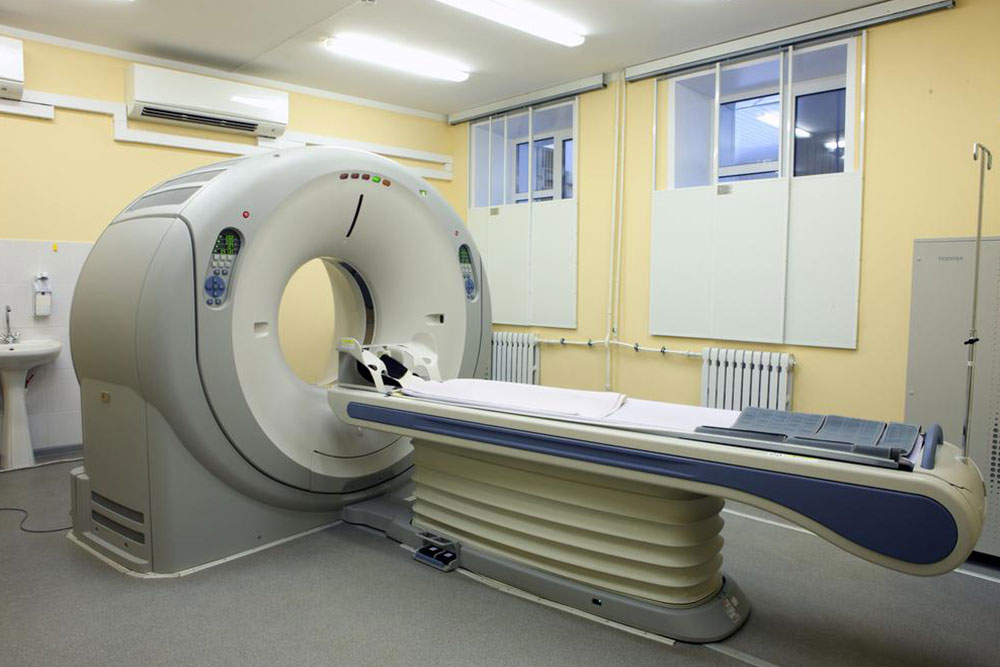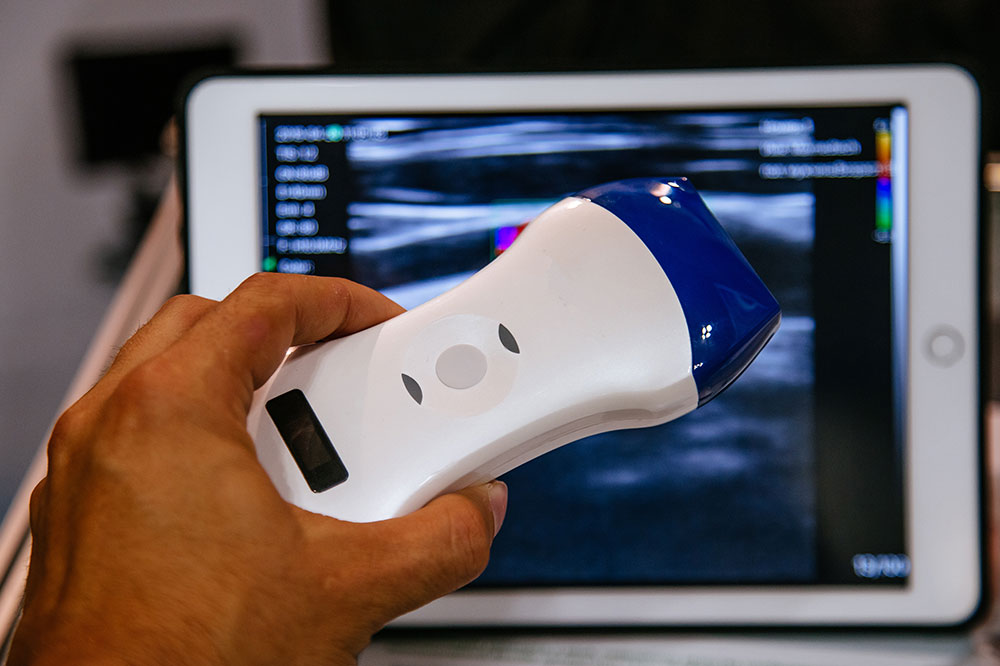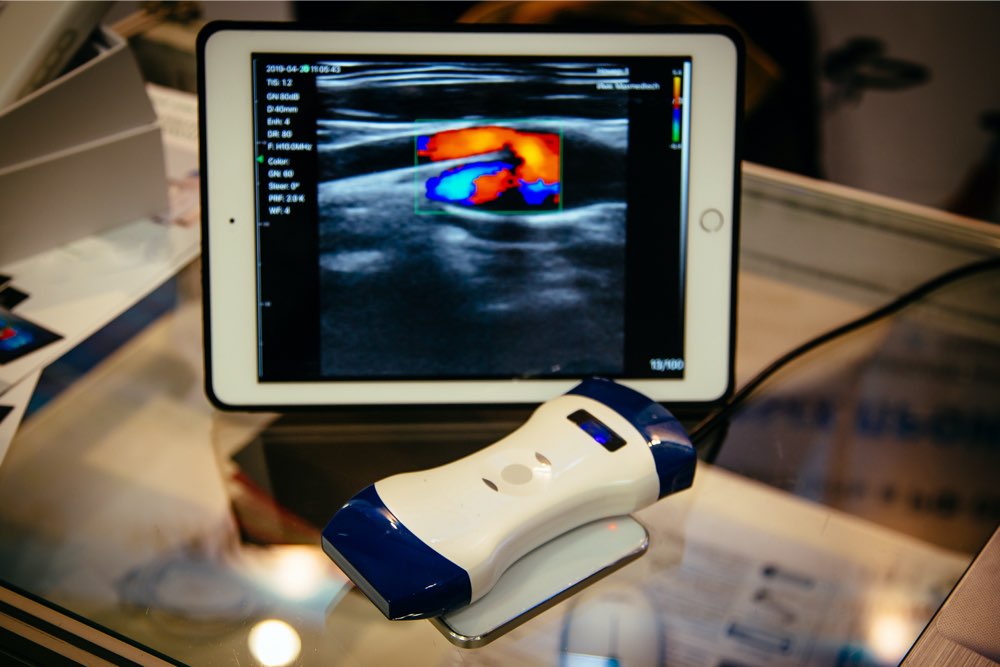Essential Facts About Knee MRI Scans
This article covers essential information about knee MRI scans, including their purpose, procedures, and potential risks. It explains when doctors recommend MRI imaging for knee issues, highlighting its role in diagnosing conditions such as arthritis, ligament tears, and tumors. The article also emphasizes safety precautions, possible side effects, and preparation tips for patients. An informative guide for individuals undergoing knee MRI scans, ensuring they understand the process and necessary safety measures for optimal results.

Essential Facts About Knee MRI Scans
An MRI (Magnetic Resonance Imaging) scan employs magnets and radio waves to produce detailed images from inside the body without any surgical procedure. This imaging technique can examine any body part, including the knee. Knee MRI scans enable healthcare providers to assess cartilage, bones, tendons, muscles, blood vessels, and ligaments for injuries or degenerative conditions. These scans are valuable for diagnosing issues caused by daily wear, injuries, or trauma, assisting in accurate treatment planning.
Doctors typically recommend a knee MRI when abnormalities such as pain, swelling, or instability are detected. The scan offers a clear view of internal structures, helping to pinpoint the root of discomfort or functional impairment.
Knee MRI is commonly used to diagnose and manage conditions such as:
Arthritis and joint degeneration
Bone fractures
Torn cartilage, tendons, or ligaments
Accumulation of fluid in the knee
Problems with implanted devices
Tumors
Sports injuries or trauma
Doctors may also combine MRI results with other tests like X-rays or perform minimally invasive procedures such as knee arthroscopy, which involves inserting a camera through a small incision to view the inside of the joint.
Potential Risks of Knee MRI
Generally, MRIs are safe when safety procedures are followed. However, there are some considerations, such as risks related to sedation and metal implants. The powerful magnetic field can interfere with metal medical devices, potentially causing malfunctions. The use of gadolinium-based contrast agents may introduce risks like kidney issues or allergic reactions; in rare cases, they can lead to a condition called nephrogenic systemic fibrosis.
Patients should inform their doctor about any allergies, existing health conditions, or recent surgeries prior to the scan. It’s advisable to avoid metal jewelry and wear loose clothing. Those with claustrophobia or anxiety should discuss options with their healthcare provider. Follow all pre-scan instructions regarding eating, drinking, and medication to ensure a smooth procedure.










